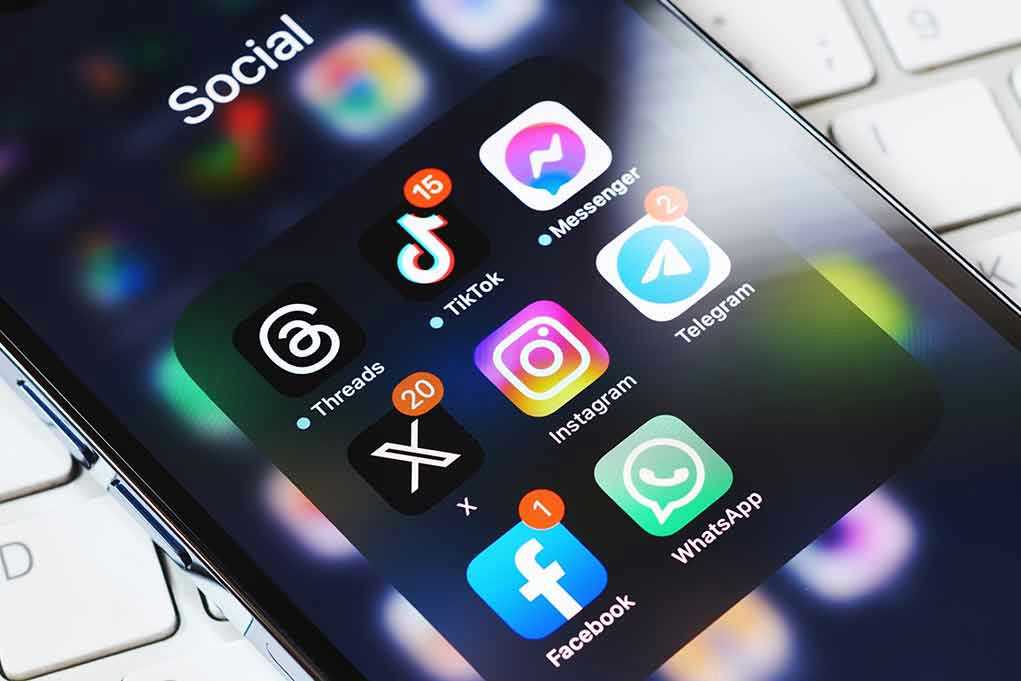
The Democrats’ plan to build a $10 million social media army has raised eyebrows and questions about the implications for the 2026 midterm elections.
Story Highlights
- Democrats are investing $110.5 million, with $10 million dedicated to training content creators.
- A four-week boot camp will prepare hundreds of influencers to shape political narratives.
- The initiative aims to close the digital gap perceived with Republicans on social media.
- This unprecedented effort marks a strategic shift in digital campaigning.
Democrats’ Digital Mobilization Plans
The Democratic Congressional Campaign Committee (DCCC) has unveiled a substantial $110.5 million digital mobilization plan, including a $10 million investment specifically for a “social media army” of content creators. The strategy, detailed in internal documents obtained by Breitbart, seeks to train hundreds of influencers in a structured boot camp, enabling them to shape online political narratives ahead of the 2026 midterms.
Called it https://t.co/hty9yTDYaK
— Tim Pool (@Timcast) August 4, 2025
This initiative emerges as a response to the perceived Republican dominance in digital grassroots campaigning. The Democrats’ effort signals an unprecedented scale and formalization in their approach to digital influence, aiming to recruit and train both political and non-political creators to reach a wide online audience.
Strategic Context and Historical Background
Political parties have increasingly turned to digital platforms for campaigning since the 2010s, with the 2024 election cycle seeing at least $1.9 billion spent on online ads. The Democratic Party’s latest move to create a social media army reflects an effort to bridge the digital gap identified in the 2024 elections, where Republicans were seen as having a stronger online presence.
The DCCC’s plan is part of a broader trend of escalating digital spending and professionalization of online political influence. It stands out for its focus on recruiting and training content creators, including non-political influencers, to engage millions of Americans.
Stakeholders and Motivations
The primary players in this initiative include the DCCC and the ZINC Collective, a pro-Democrat super PAC providing strategic support. Robby Mook, a former Clinton campaign manager, and Mike Smith, a former Pelosi adviser, lend their expertise as key advisers. Content creators, both political and non-political, are central to the plan, serving as the messengers of the Democratic narrative.
The DCCC aims to boost Democratic electoral prospects by shaping online narratives, countering Republican digital influence, and engaging diverse audiences. This initiative represents a shift from traditional digital ad campaigns to a more coordinated influencer strategy.
Implications and Potential Outcomes
This initiative could significantly boost Democratic messaging on social media platforms, potentially narrowing the digital gap with Republicans. If successful, it may set a precedent for large-scale, party-coordinated influencer mobilization in U.S. politics, prompting similar responses from Republicans and further professionalizing digital campaigning.
The program may also intensify the arms race in online persuasion, raising questions about transparency and authenticity in political messaging. Economically, the influx of funding could boost the digital marketing and influencer economy.
It's comical that Democrats are pouring tens of millions from their donors into a social media operation that gets thoroughly crushed by our lean, high-impact team running @TeamTrump and @TrumpWarRoom.
They boast about reaching 215 million people across ALL major platforms in Q1… pic.twitter.com/LXZwLuDkud
— Alex Bruesewitz 🇺🇸 (@alexbruesewitz) August 4, 2025
Critics, however, raise concerns about the potential for coordinated narrative manipulation and the blurring of lines between authentic and sponsored content. The broader implications for social media users include increased exposure to coordinated political content.











